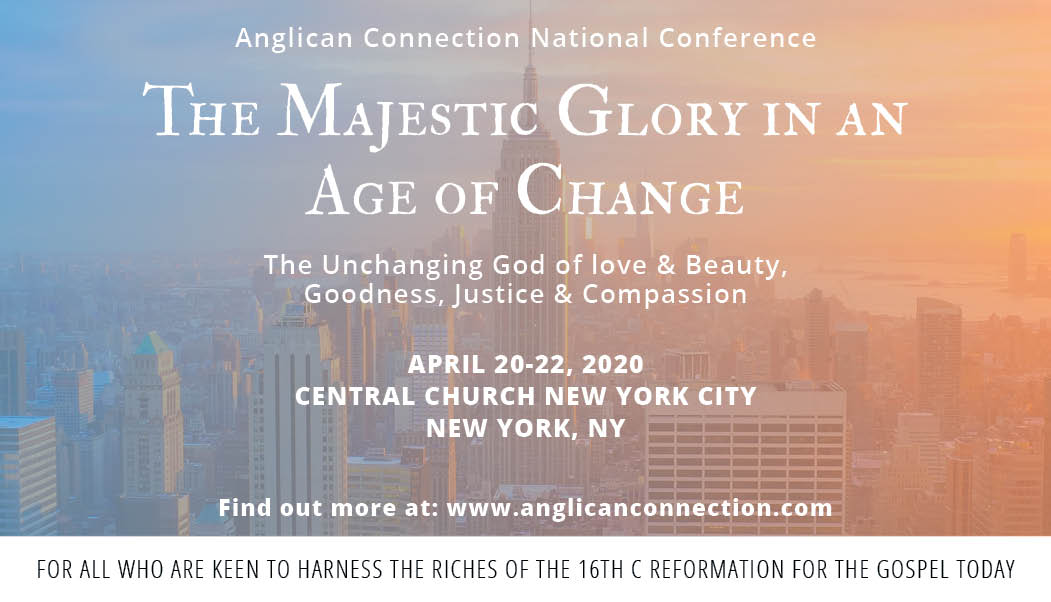
‘Living with Uncertainty (2)…’
With the social distancing and other measures that governments the world over are putting in place with the rapid spread of the novel coronavirus, is there anything that God’s people can be doing?
At an important transition in his Letter to the Colossians Paul the Apostle provides God’s people with a new framework for living. In the opening lines of the Letter we read: So if you have been raised with Christ, set your hearts where Christ is, seated at the right hand of God. Set your minds on things that are above, not on things that are in earth…
This does not mean that God’s people are to be so heavenly minded that they are no earthly use.
Rather, Paul wants us to appreciate the radical life-change that our relationship with Jesus Christ brings. Before we turned to Christ as our Lord our way of life was focused on this world. There was nothing more. This is one reason we are seeing panic buying in the supermarkets.
What a world of difference there is when we have a vital relationship with the risen Christ who now reigns as the Lord of the universe. Our perspective on life changes for we now begin to see life from God’s perspective. We also have the assurance that there is a God who is not only there and in control, but that he loves us.
Hearts. We are to set our hearts on a pattern of life that honors Christ the King in his glory. For Christ to be seated at the right hand of God means that he is enthroned in a position of awesome majesty and holiness, dominion and power. From there he not only rules all things, but he also uses his position to intercede for everyone who turns to him.
To set our hearts on where Christ is,… speaks to our deep inner self. It’s an exhortation to have a heart-felt longing to live as Christ wants us to live – in an ever-deepening love for God and an increasing love for our neighbour. This means we will long to enrich our relationship with God through prayer and Bible-reading. It means desiring to honor Christ in godly living and in our relationships – which people around us will discern.
Minds. Furthermore, Paul’s exhortation: set your minds on things that are above, not on things that are in earth… speaks of our mindset. We all battle with temptations within, which Paul references in the following section – fornication, impurity, passion, evil desire, and greed. These days we can also be tempted to fear, to wonder if the Lord is in control and whether he truly does care for us.
How we respond will often depend on whether we truly see that life now is passing – that God is not only true but that he is passionately committed to rolling out his eternal plan for his people. This understanding in turn is dependent on how much we are growing in the riches of God’s love through an ever-increasing understanding of the Scriptures.
When you pass through the waters. Let me identify a principle that we find in the context of God’s judgement on his ancient people in Isaiah 43:2: When you pass through the waters I will be with you (Isaiah 43:2). While the events of today are not God’s ‘judgement’ in the way that they were in Isaiah’s time, they are certainly his wake-up call. How we respond to the events around will be a good measure of our confidence in the Lord and his ways.
That said, the principle of God being with his people still applies today: When you pass through the waters I will be with you. Notice Isaiah says, when not if you pass through the waters. God does not promise that his people will be immune from tough times. But he does promise to be with us.
For the people of Isaiah’s day, it meant that God would be with them in the land of exile. For us who live on the other side of Jesus’ cross and resurrection, it’s an even richer statement – God is about incarnation and resurrection.
This is the significance of Bethlehem’s manger and the cross on Calvary’s hill. God doesn’t shout condolences from the skies or email sympathy notes. In Christ he bore our griefs and carried our sorrows. No other religion even dreams of this – a God who comes into a suffering world and suffers with us; a God who comes into the world and is cursed in our place as he dies on a cross.
And, to assure us of this truth we have the evidence that Christ not only died but was physically raised from the dead. We have a reality to live and a truth to tell our family and friends about.
Prayer. Teach us, gracious Lord, to begin our works with reverence, to go on in obedience, and finish them with love; and then to wait patiently in hope, and with cheerful countenance to look up to you, whose promises are faithful and rewards infinite; through Jesus Christ our Lord. Amen. (A prayer of dedication)
Worth memorizing – Colossians 3:1-4


